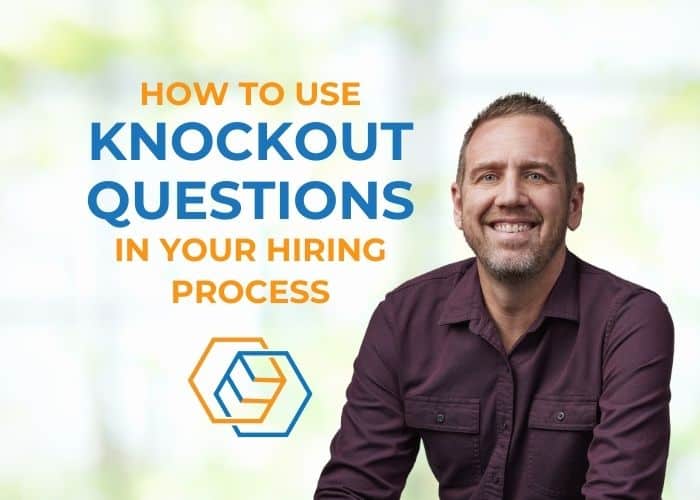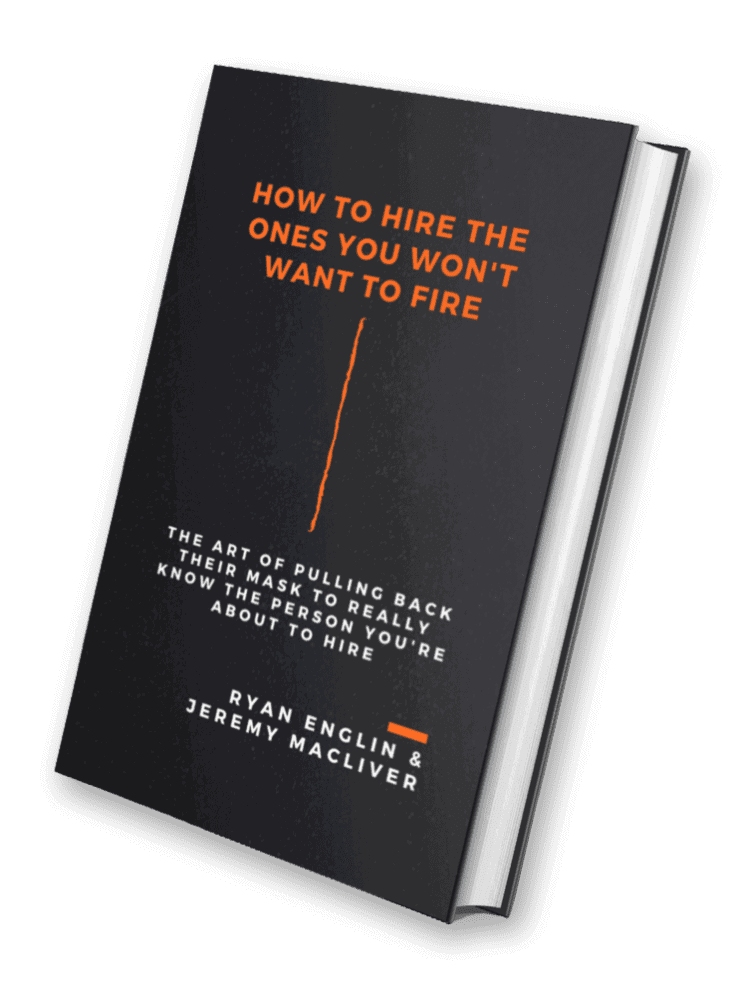Are You Ready to Fire Someone?
Before you fire someone, ask yourself one simple question:
Will they be surprised when you tell them they’re fired?
If the answer is “Yes,” you have work to do.
Taking Responsibility Before You Fire Someone
Performance problems are often a two-way street. There may be a lack of skills or they may not comprehend how to do the work. You may have made the wrong hire. Maybe life got in the way for either or both of you.
Or maybe you haven’t been clear on what you expect of them yet. Before you fire someone, ask yourself:
- Are you onboarding your new hires well?
- Are you training your teams well?
- Do they know exactly what’s expected?
- Do they know how you’re scoring their performance?
As the employer, you’re responsible for making sure your people know exactly what you want them to do and that you’ve got a well-defined process to help them do it.
So, is the employee the real problem? Or did you not give them what they needed to succeed?
Often, it’s a combination of both.
According to Gallup, a staggering 12% of employers do a great job of onboarding, which means 88% of employers suffer from notable turnover within the first year of employment and low engagement from those that stay.
Be Intentional About Efficiencies
It can be difficult to train your people when you have so many competing priorities – recruiting, sales, marketing, operations, and customer service.
Without a formal onboarding program, you’ll never be able to create the efficiency you want in your new employees. Make sure you’re intentional about training your people before you blame them for their performance issues.
You spend a lot of time, energy, and resources when you bring on a new employee. And that’s before you think about the financial costs. If you haven’t done the math on what it costs to hire someone new, this SHRM study states it’s an average of $4,700 before their first day on the job – and that includes entry-level employees!
Before you fire someone, think about the time it takes, the money it costs, the mental exhaustion, and overall fatigue on your hiring staff. You have to be intentional about efficiencies and invest in better onboarding.
Not only is firing someone costly, it’s not sustainable for the long-term morale and retention of your current employees. Think about the trust costs to hire someone, just to terminate them because you didn’t have a good system in place.
Questions to Ask Before the Next Hire
Before you make your next hire, ask yourself the following questions. Because, if you’re making bad hiring decisions that will end up with you wanting to fire someone, you need to fix that first.
Questions about fitting in with your team:
- Do they align with your organization and your goals?
- Do they behave in a way the rest of your team behaves?
- Are they aligned with your vision and excited about where your company is going?
- Do they get out of bed every single morning to do the work that you do because it gives them purpose?
Questions about their ability to do the work:
- Do they have the skills to do the job?
- Are they motivated to thrive in the role and seek new challenges?
- Can they fulfill the demands of the job once properly trained and adapt to your organization?
Don’t be as picky about them doing the work as you are about them fitting in on your team. You can teach them the skills. Team culture is another story.
Evaluating Your Current Onboarding Process
Before you fire someone, you need to evaluate your current onboarding process. Ask yourself:
- Did I do what this employee needed to make sure they were set up for success?
- Did I train them well?
- Did I make sure that they would be a fit with our team?
- Did I make sure that they could do the work for the position I’m hiring them?
- Did the team embrace them, bring them in, and say, how can we support this individual?
Employees onboarded and trained well, will succeed in their position, feel motivated to stay long-term, and seek ways to grow in their current role. They’ll feel motivated and work to their full potential, increasing productivity, collaboration, and a company’s overall success and profitability.
Before You Fire Someone
Before you fire someone, make sure you’re asking the tough questions and having the difficult conversation with yourself about whether it’s you or them.
If you made a bad hiring decision, own it and move on.
However, if your onboarding or internal processes are the problem, meet with your team to start fixing those before you repeat this and feel the need to fire someone else.



